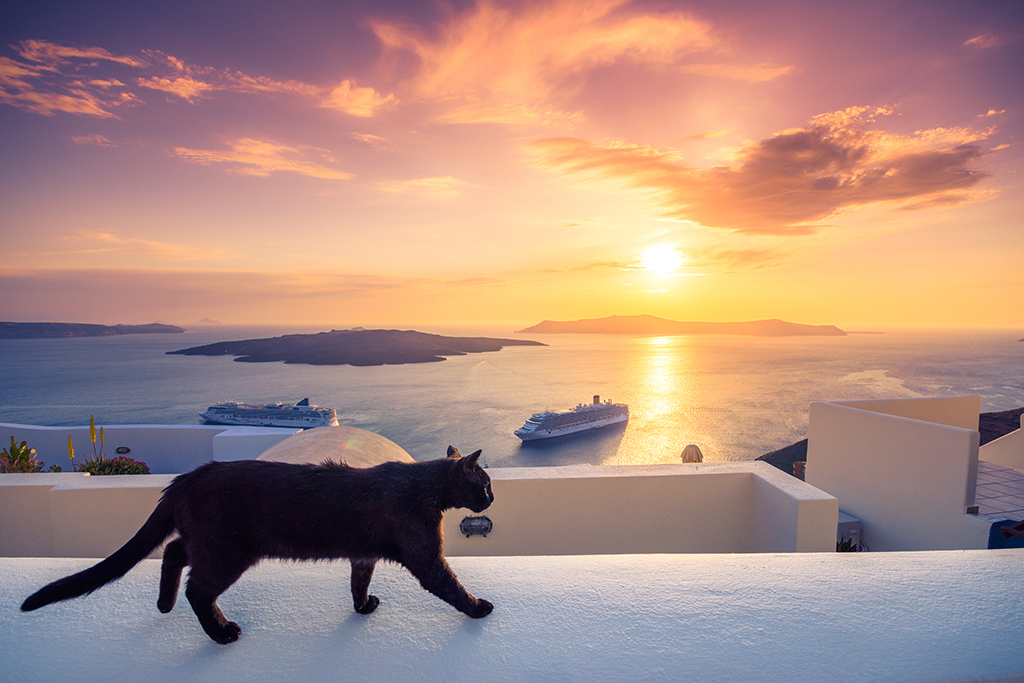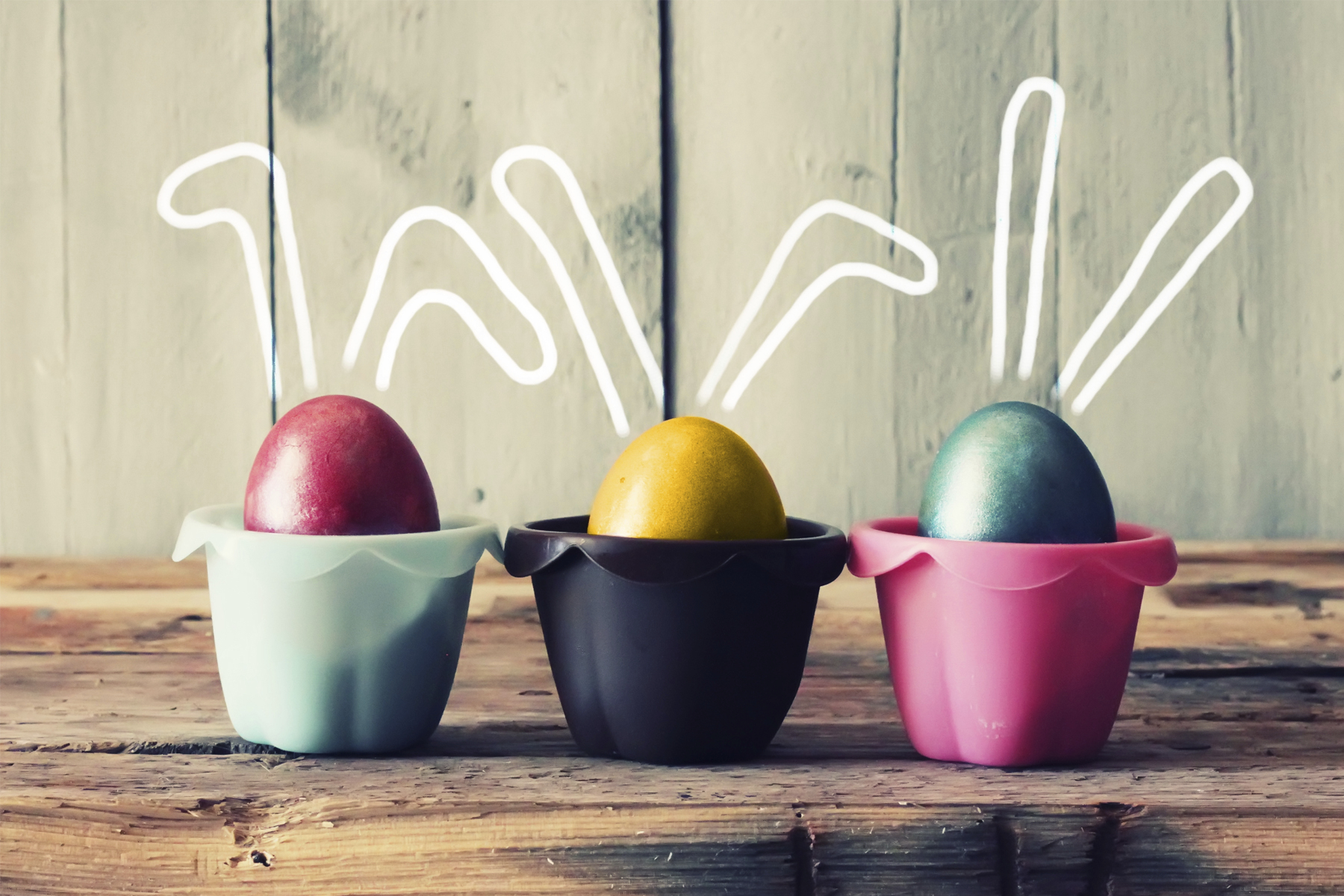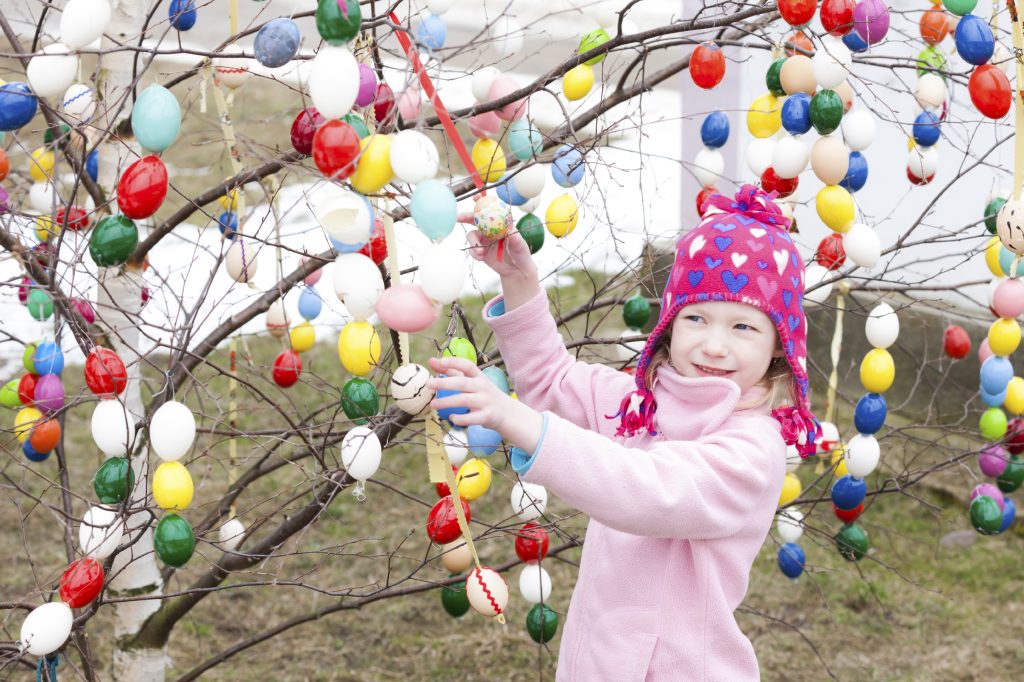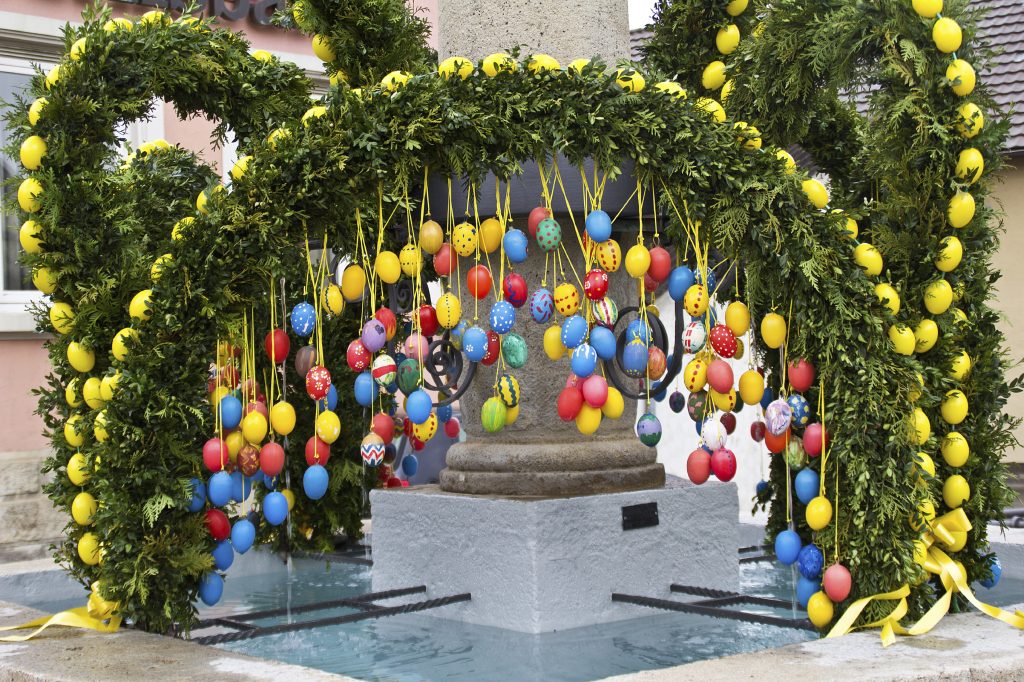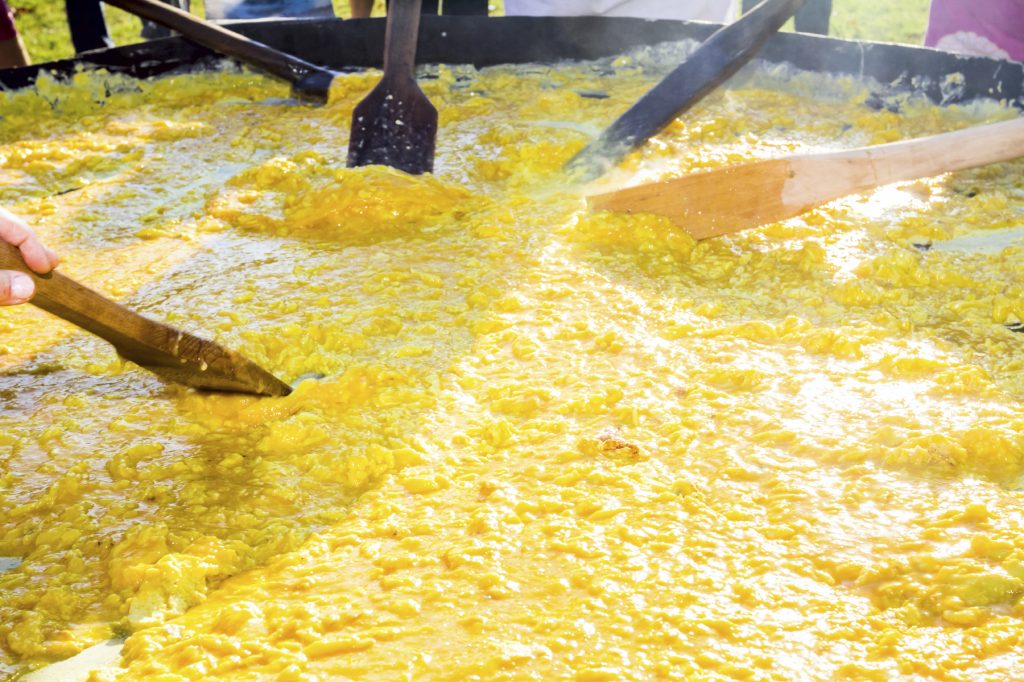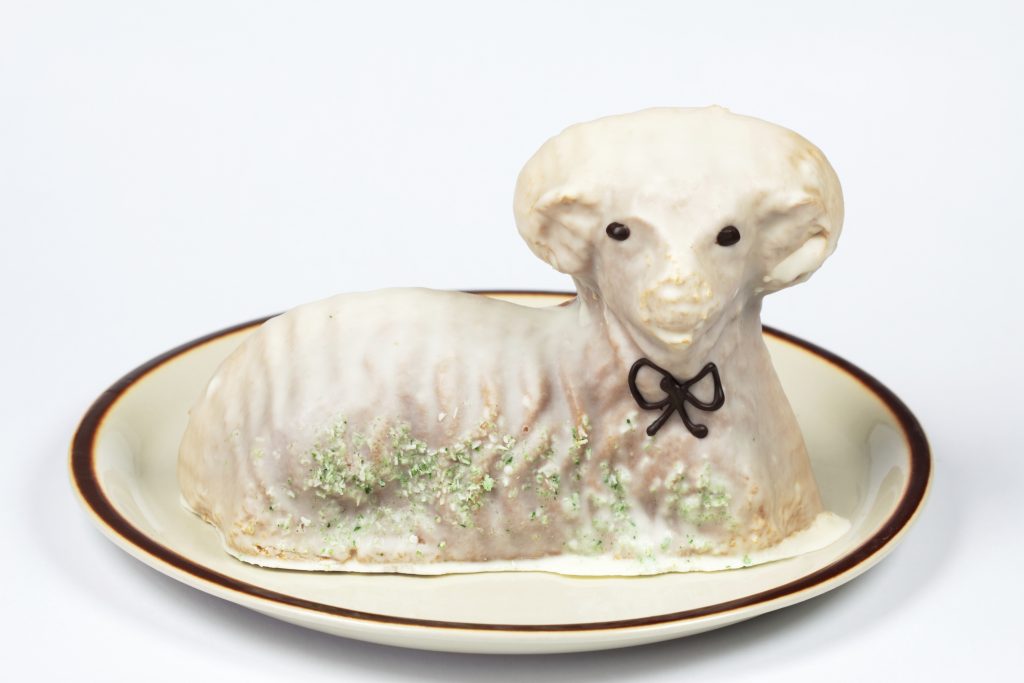Black cats, horse shoes and not walking under ladders, we’ve all encountered some strange superstitions in our lifetime, and whether you believe in them or not, when Friday the 13th comes around, you can never be too careful.
But, it’s not just here in the UK that we’ll try out little techniques to try our luck, our European neighbours are just as superstitious. But, you guessed it, they’re completely different to ours. So, in honour of this day, why not delve deep into the superstitions of Europe?
Spain
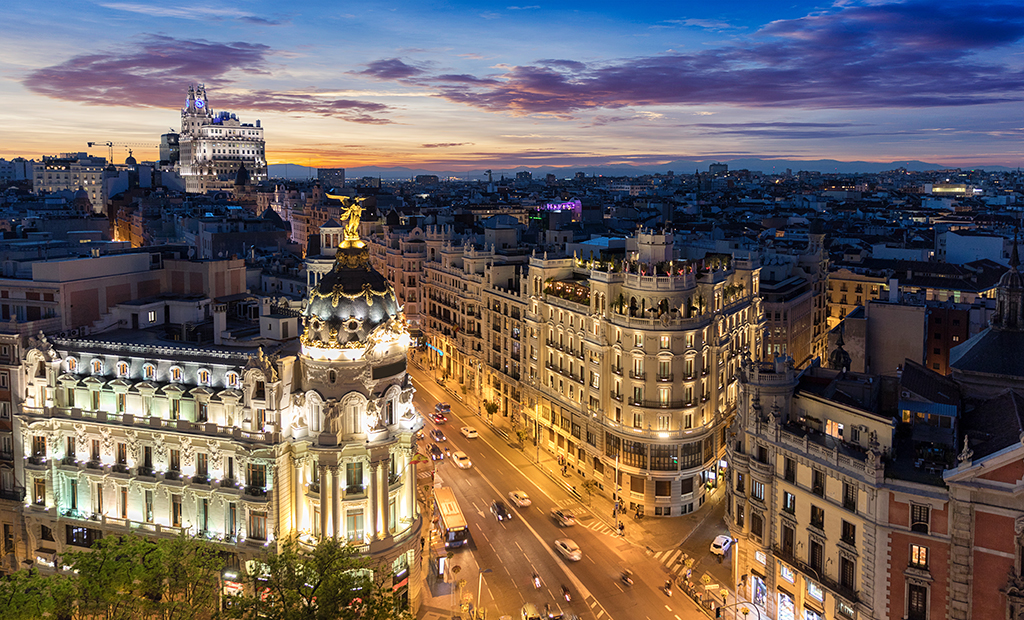
Here we are, worrying about what Friday the 13th can bring, but our Spanish friends are more than likely left scratching their heads, because they believe that Tuesday the 13th is the unluckiest of days.
Tuesday, or Martes in Spanish, is a word derived from the name Mars, which in the middle ages was called ‘Little Evil’. Mars is also the God of War and Destruction, therefore Tuesday is ruled by Mars – and to think we dread Mondays.
But, on Tuesday the 13th, the consensus is Spain is to not get married or board a ship or a plane, as luck may not be in your favour.
Portugal
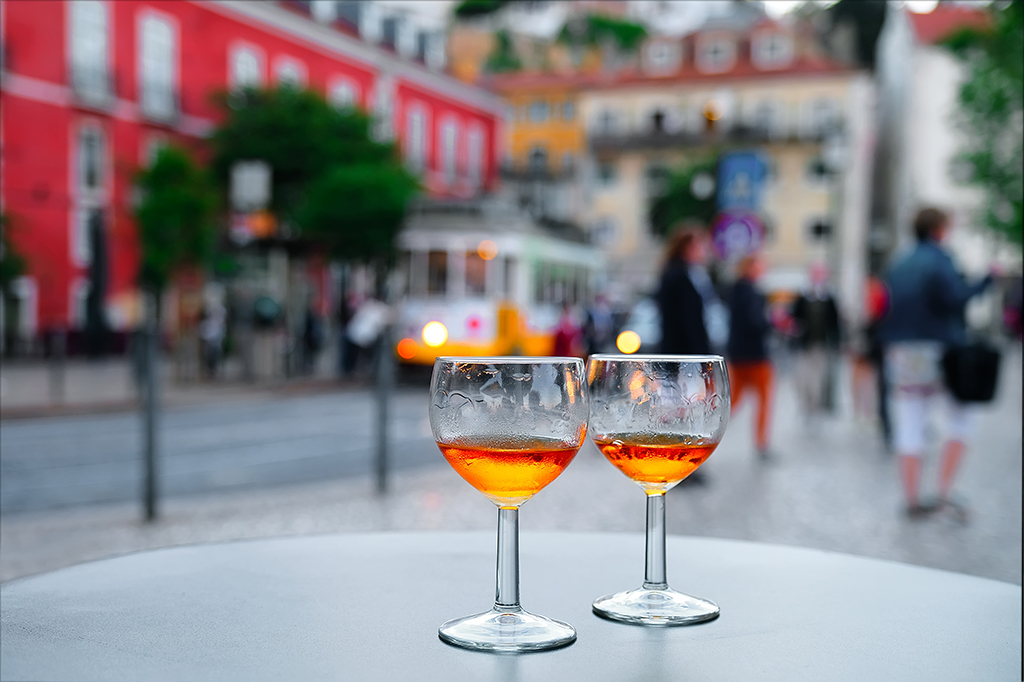
Spilling wine on any day would be considered bad luck, especially if it’s been a bad day already, but not in Portugal. It’s thought to actually bring happiness to the whole table if you topple your tipple.
But, walking backwards is a no-go. They say that by doing so, you’re teaching the devil the way you’re walking. Also, your left foot is said to be unlucky, so you should always enter someone’s house with your right.
Norway
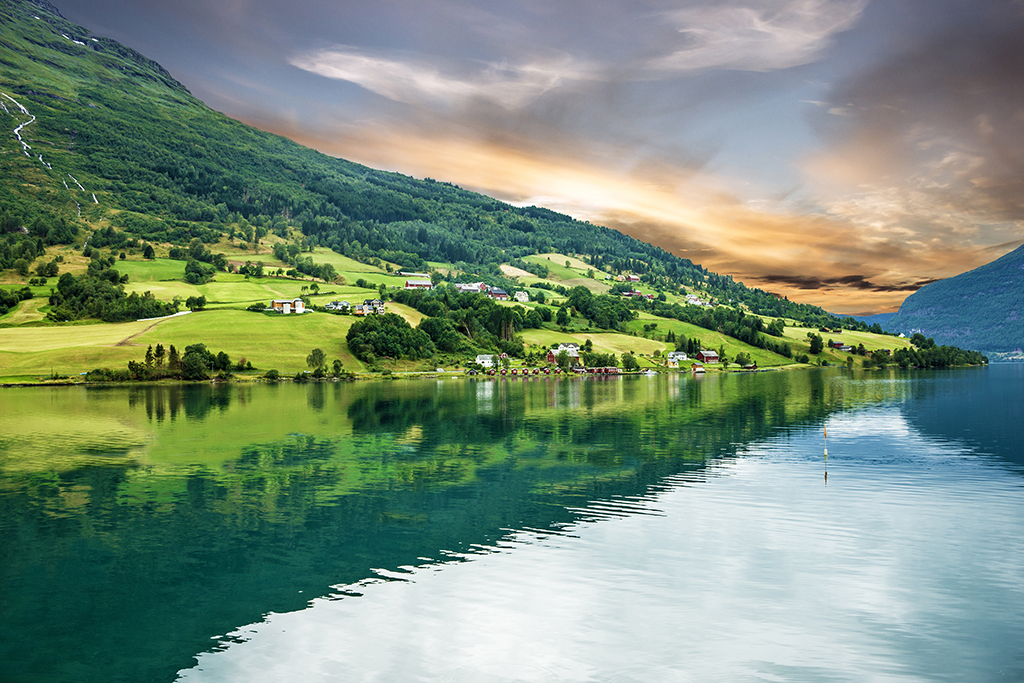
Ward away the bad luck in Norway by setting a bowl of porridge outside the door. Why, you ask? It’s said to sweeten the old, small barn trolls. And, if it’s a nice day in Norway, don’t whistle towards the sun, it’s said to bring rain.
And, maybe a superstition we can believe in… apparently if there’s ice on the lakes on May Day, then spring will be late. Which, we think is a fairly good observation, given may day is actually in spring.
Italy
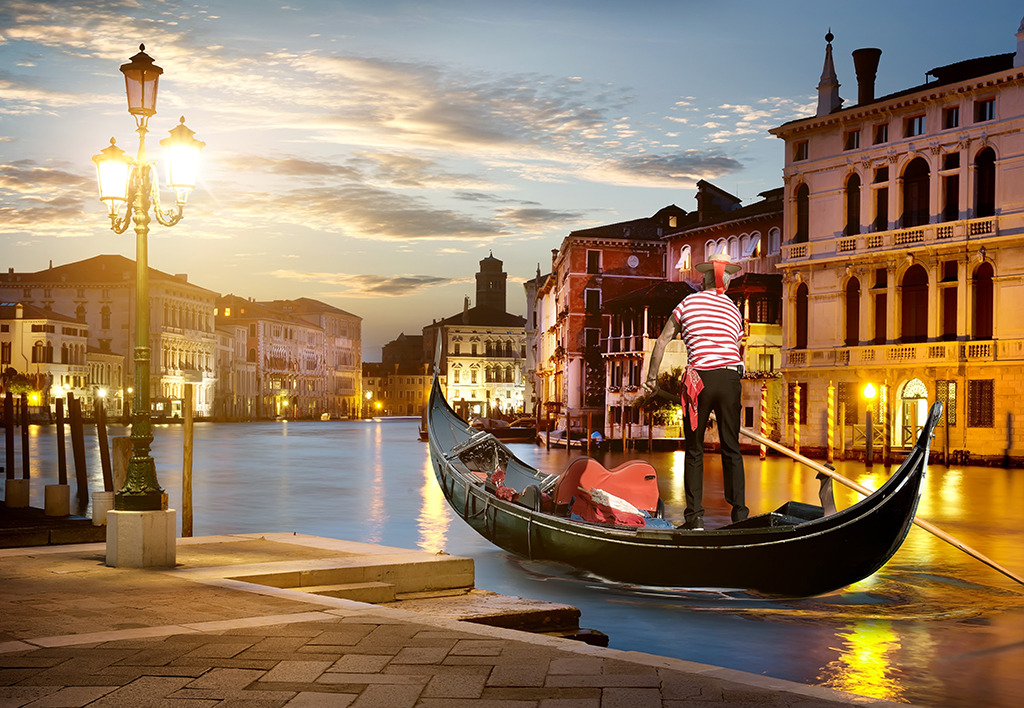
The Italians are particularly fond of their superstitions. For a start, if you hear a cat sneeze, expect good luck to be coming your way.
But, interestingly enough, the number 13 is actually considered to be good luck in Italy! But, the number 17… not so much. Friday the 17th is an unlucky day, some Alitalia planes don’t have a row 17 and hotels can skip out the 17th floor all together.
It all comes from the roman numerals for 17, XVII. Change it anagrammatically to VIXI which translates in Latin to ‘I have lived’. Or, looking at it a little more objectively ‘My life is over’. We’ll give them that one, that is pretty spooky.
Czech Republic
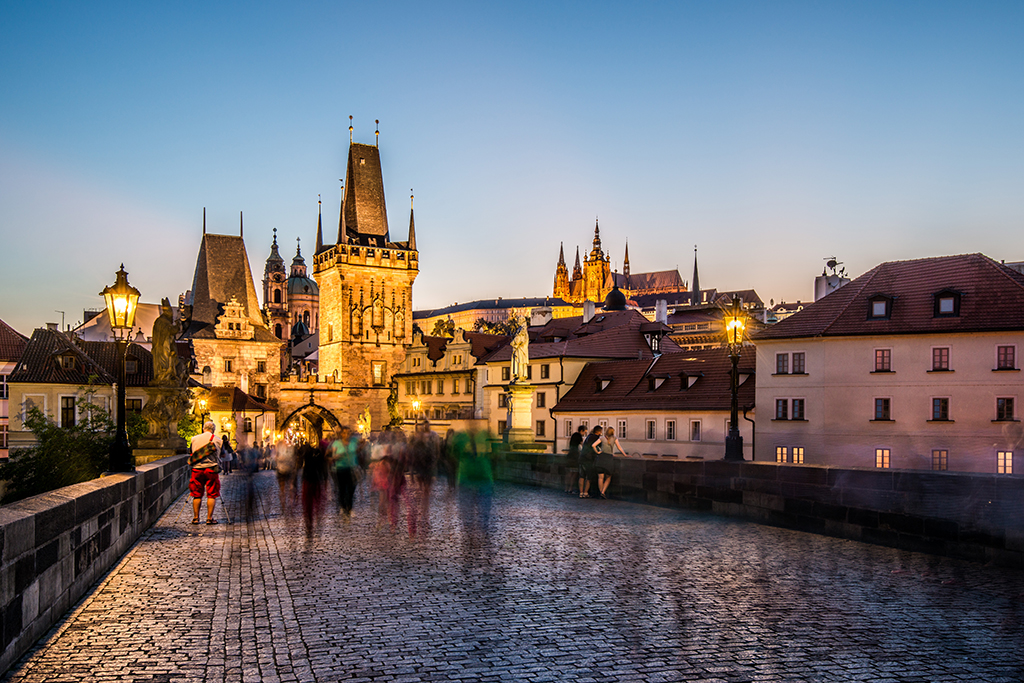
In the Czech Republic, throwing a shoe over your shoulder and smashing a glass is meant to be good luck, although, maybe not for the people around you at the time…
But, it’s also custom for brides to smash a plate on their wedding day and have their groom clear it up. The fragments are distributed to the guests and the newlyweds keep a piece for themselves. Quite the unusual favour.
But, on the other side, pouring beer into an old glass isn’t quite so prosperous, especially if it has the remnants of another type of beer in it. That’s said to be very unlucky, and maybe not as refreshing.
One thing is for sure, strange customs and cultures make for some interesting and exciting places to visit. Have you heard any unusual superstitions on your travels?

